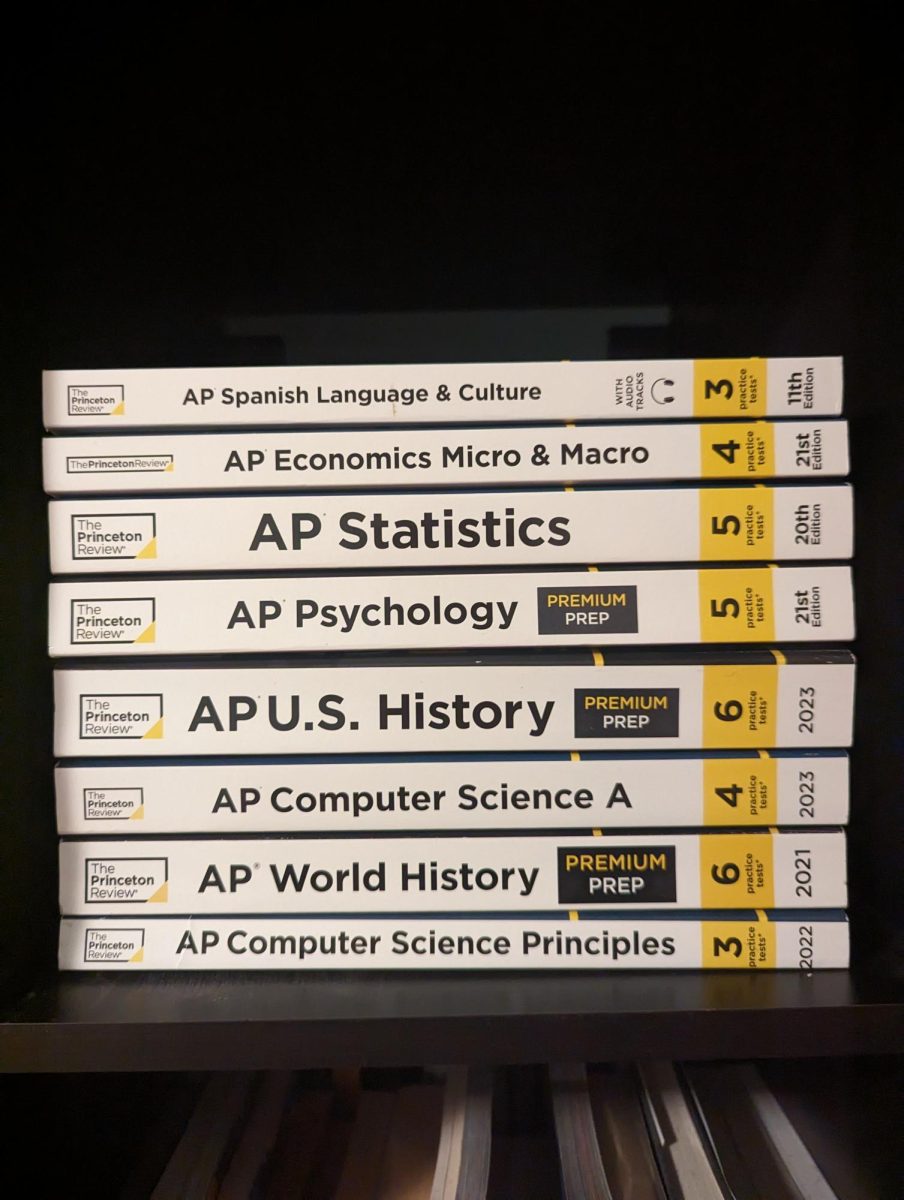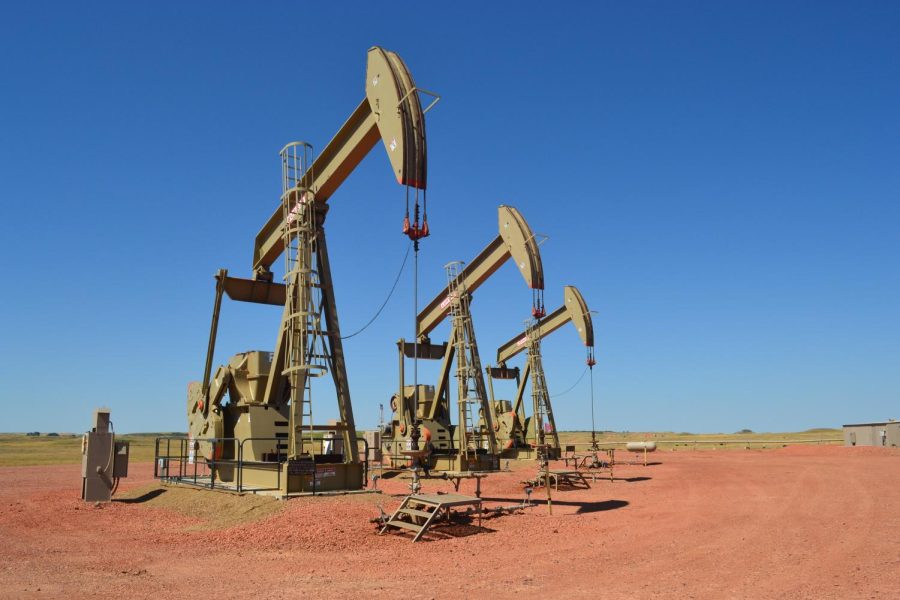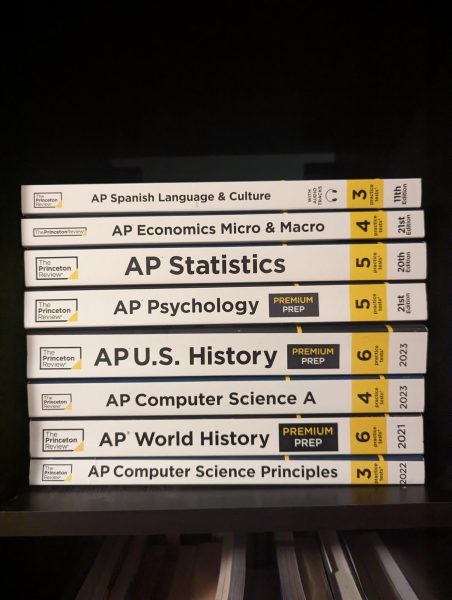Op/ed: Struggle over Oil Should Focus on US Production
Should we continue to rely on other countries for oil or should we rethink our relationships in the middle east and get our oil elsewhere?
November 15, 2022
The Organization of the Petroleum Exporting Countries, also known as “OPEC”, is made up of the 13 most oil dominant countries and has another 13 nations on speed dial. Lead by countries like Saudi Arabia, United Arab Emirates,Iran and Venezuela, OPEC controls more than 80% of the oil on earth.
In short, OPEC has nearly full control of the oil market.
When oil prices started going down and profits were looking a little bit slimmer, OPEC decided to cut oil production by two million barrels a day. The law of supply and demand says that if there’s a larger demand than supply, then the product is worth more. This decisions benefits OPEC and hurts oil consumers across the globe.
In 2016 when oil prices plummeted due to market conditions, 10 non-OPEC oil-producing nations and 10 OPEC members came together in December 2016 to form the first-ever Declaration of Cooperation, which aims to help stabilize the oil market by rebalancing the market and reducing inventories. A long-term forum for collaboration and the sharing of ideas and information, the Charter of Cooperation, was formed in 2019. Thus OPEC+ was created together they control 94.7% of oil in the world.
But why do we, United States consumers, need their oil?
Well, we don’t.
Surprisingly, the United States produces enough oil to satisfy its own requirements. America produced 18.4 million barrels of oil per day in 2020 and used 18.12 million, according to the U.S. Energy Information Administration (EIA). The U.S. imported 7.86 million barrels of oil per day last year, according to the same data.
On October 4th following the OPEC announcement of reduced oil production, President Biden was quoted saying it was time to “rethink” the relationship between the US and Saudi Arabia. The president also reportedly warned of consequences for Saudi Arabia although we have seen no action taken.
Sources:
https://www.whitehouse.gov/briefing-room/statements-releases/2022/10/05/statement-from-national-security-advisor-jake-sullivan-and-nec-director-brian-deese/
https://www.cnn.com/2022/10/11/politics/joe-biden-interview-cnntv/index.html
https://www.nasdaq.com/articles/america-produces-enough-oil-to-meet-its-needs-so-why-do-we-import-crude
https://www.eia.gov/energyexplained/oil-and-petroleum-products/imports-and-exports.php
https://www.nbcnews.com/politics/joe-biden/biden-warns-will-consequences-saudi-arabia-oil-production-cut-rcna51804

































